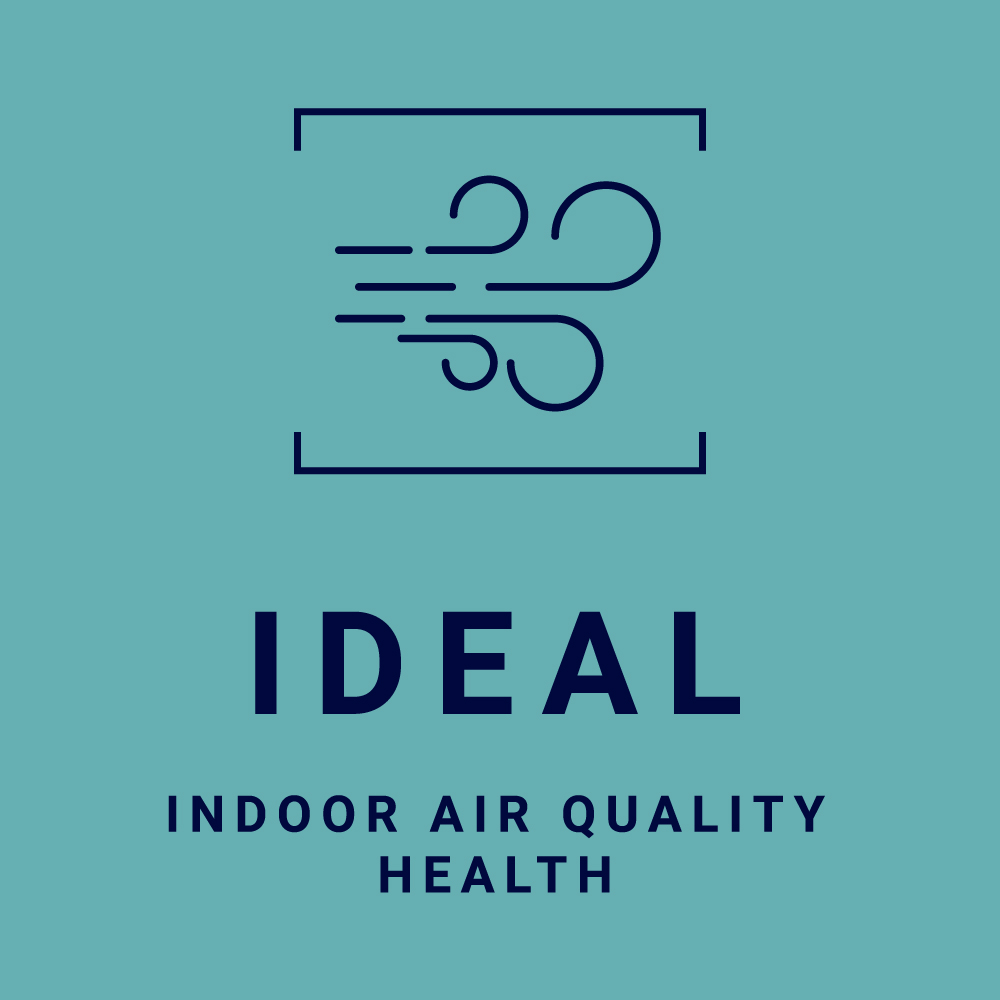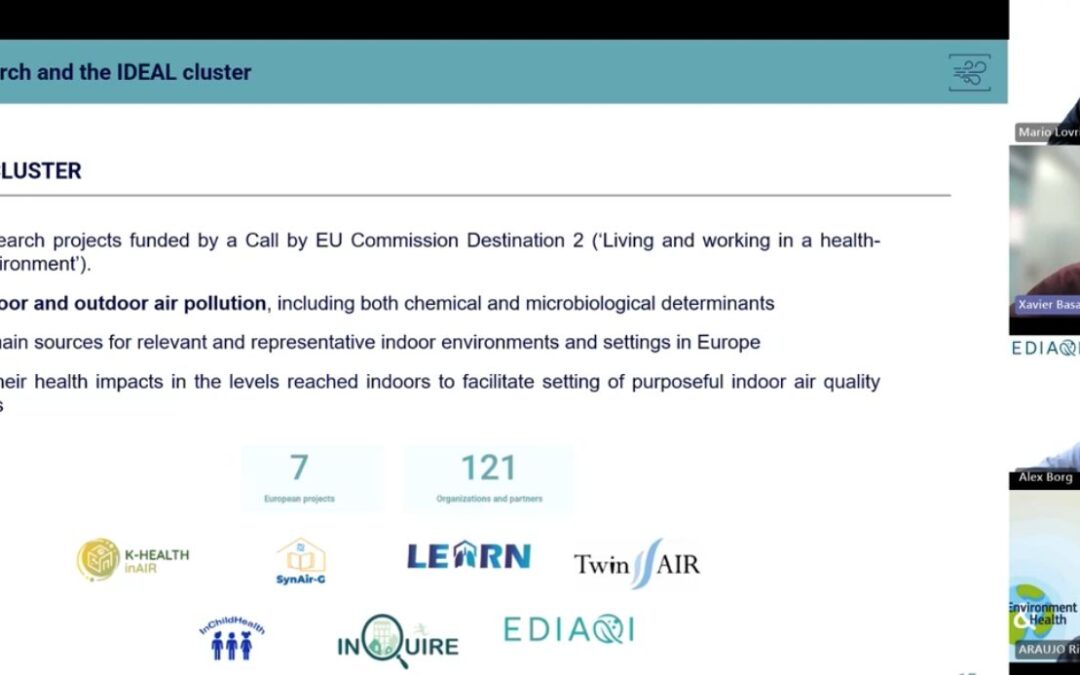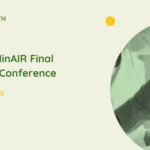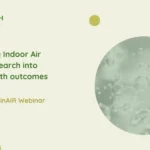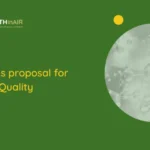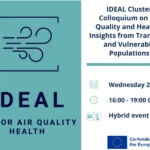Air pollution remains the leading environmental health hazard facing Europeans, contributing to nearly 10% of premature deaths within the EU27. Considering that Europeans spend around 90% of their time indoors, where pollutant levels often exceed those outside, it is crucial to implement strategies ensuring healthy indoor air for Europe and beyond.
This realisation is very much behind the formation of the IDEAL cluster, which unites seven Horizon Europe projects with one goal. The IDEAL cluster aims to fill knowledge gaps concerning the impacts of environmental, occupational, and socio-economic risk factors on health and well-being. Focusing on indoor and outdoor air pollution, including chemical and microbiological determinants, the IDEAL cluster addresses key sources in relevant indoor environments and settings in Europe.
Ultimately, knowledge is power, and through collaboration and knowledge sharing, the composite projects of the IDEAL cluster seek to achieve collective empowerment of European research communities as well as citizens. By working together, the IDEAL cluster is striving to create cleaner and healthier environments for European citizens and beyond. The inaugural webinar of the EDIAQI project, one of the seven member projects of the cluster, served as an introduction to the IDEAL cluster, its mission, and relevance for European citizens and subsequently European policy formulation. The webinar, titled “Indoor Air Quality: Always a Bridesmaid, never a Bride,” ignited a vital discussion on why indoor air quality has historically been overlooked in policy-making circles and the need to integrate this issue into policy frameworks.
Rita Araujo, a Policy Officer at the European Commission Directorate-General for Research and Innovation, highlighted the dangers of poor Indoor Air Quality (IAQ) and the existing EU policy landscape. She noted that IAQ has traditionally been a national competency within the EU. However, she also emphasised that initiatives like the IDEAL cluster projects, under the Horizon Europe Framework, and additional European Research, are laying the foundation to guide policy dialogues at both national and EU levels.
Xavier Basagaña, representing the InChildHealth project, the current coordinators of the IDEAL Cluster, provided an in-depth overview of how the IDEAL cluster projects are working towards unified goals, such as setting research benchmarks and contributing crucial insights to the Zero Pollution Action Plan (ZPAP). Xavier also addressed the health implications of poor IAQ and highlighted the significant gaps in our understanding of IAQ’s impacts on health.
Mario Lovric, the IDEAL project’s Scientific Coordinator, effectively positioned the IDEAL project within this context and outlined its ambitious objectives, stressing the need for continued research into IAQ. He explained the complexities of implementing IAQ legislation, given the variety of indoor settings, pollutants, and sources of contamination. He pointed out that while legislation might be feasible for public domains like schools and public transportation, private domains, such as residences, present different challenges.
The webinar was engaging, sparking numerous questions from participants. Queries ranged from advancements in IAQ within the ZPAP to balancing data privacy against the need for evidence gathering, the use of sensors in the IDEAL cluster projects to track microbiological factors, the economic impacts of poor IAQ, and the connection between IAQ and overall indoor environmental quality. Although the panellists could not address all inquiries exhaustively, the questions have spurred significant reflection to propel this crucial dialogue forward.
This inaugural webinar marks the beginning, not the end, of this essential discussion on IAQ. The IDEAL cluster is committed to continuing this vital discourse and exploring more technical aspects in upcoming webinars. Stay updated by visiting the project’s website and social media for forthcoming announcements, and delve deeper into the discussion by viewing the webinar.
